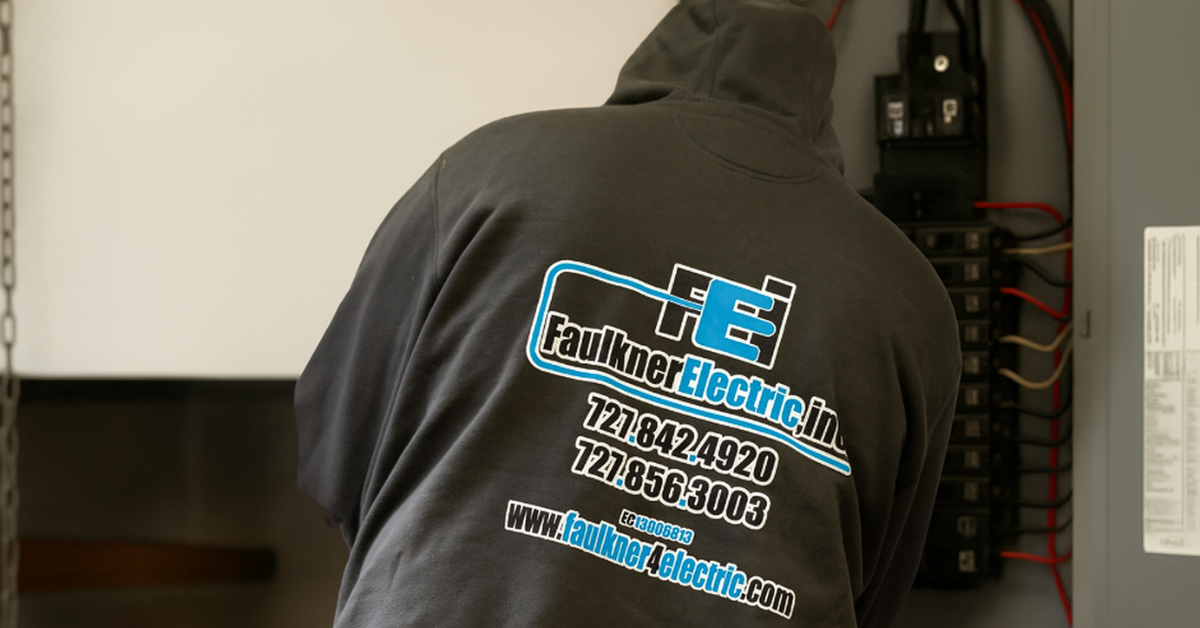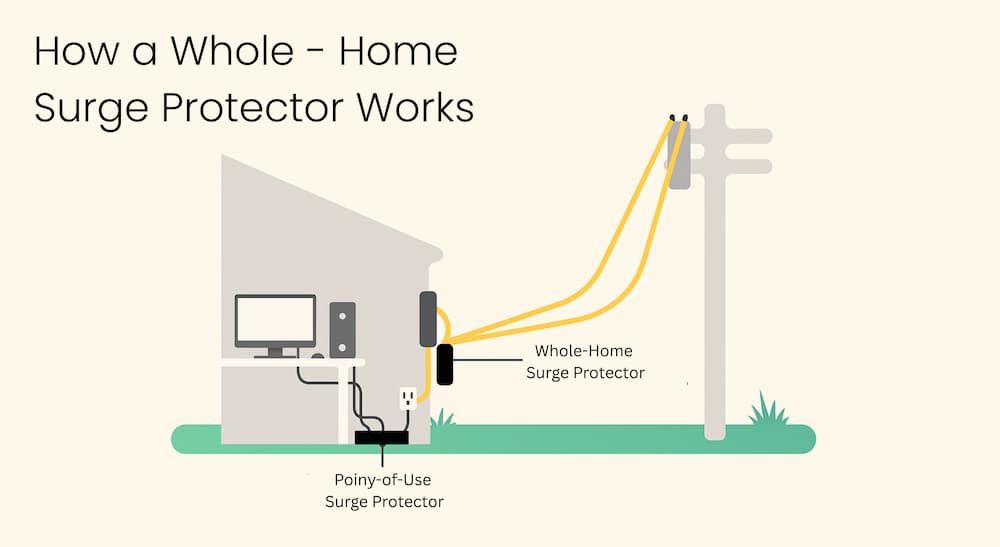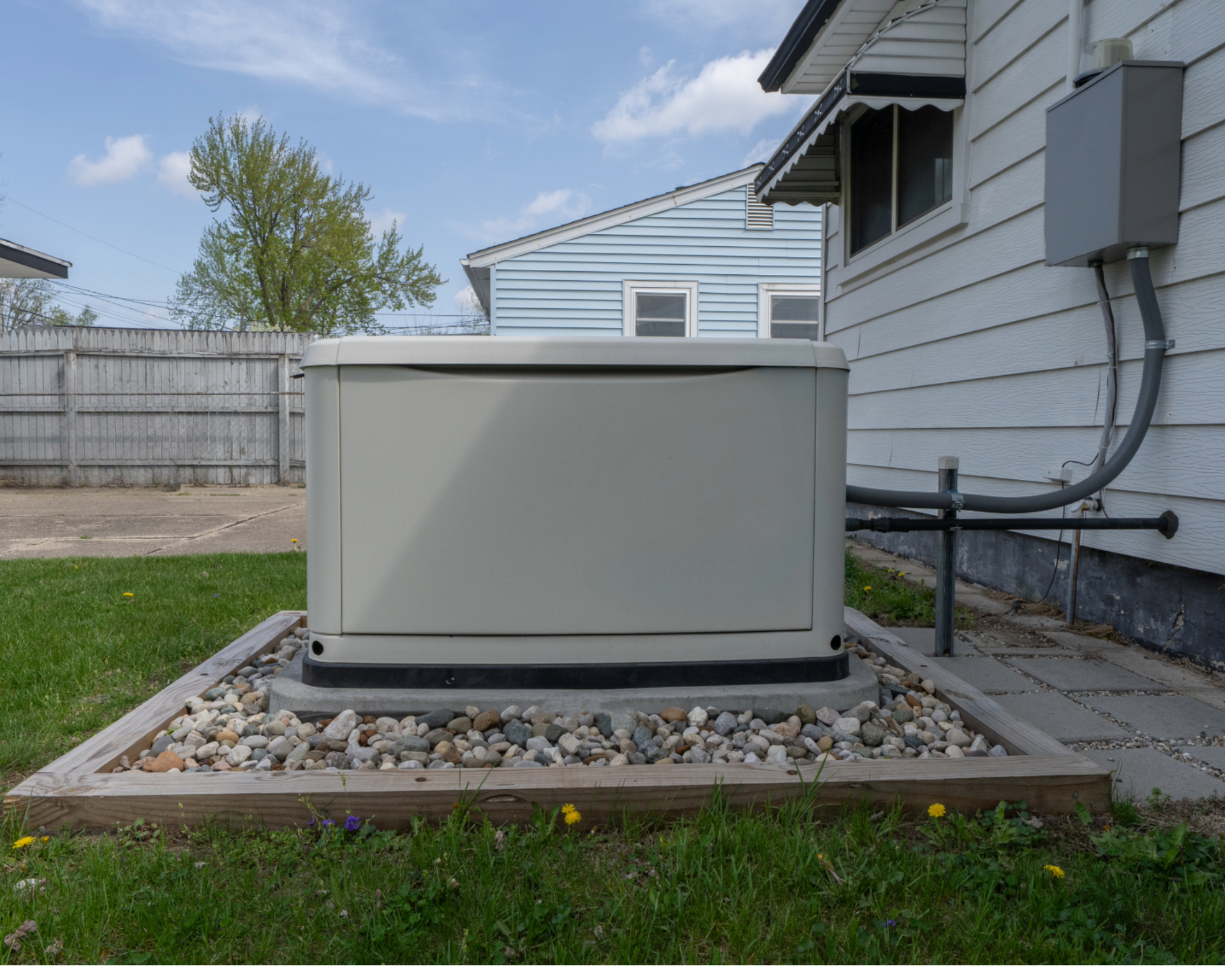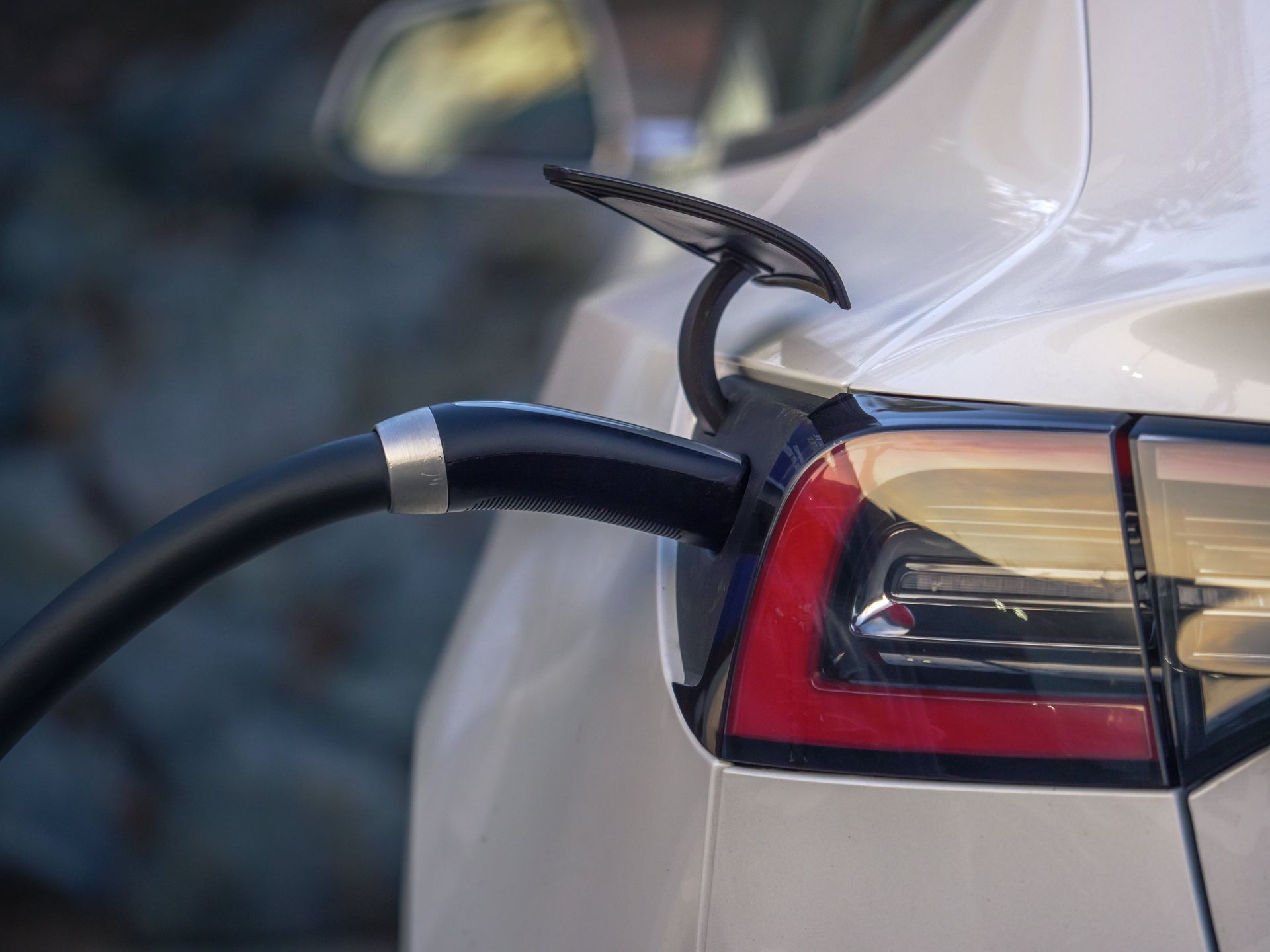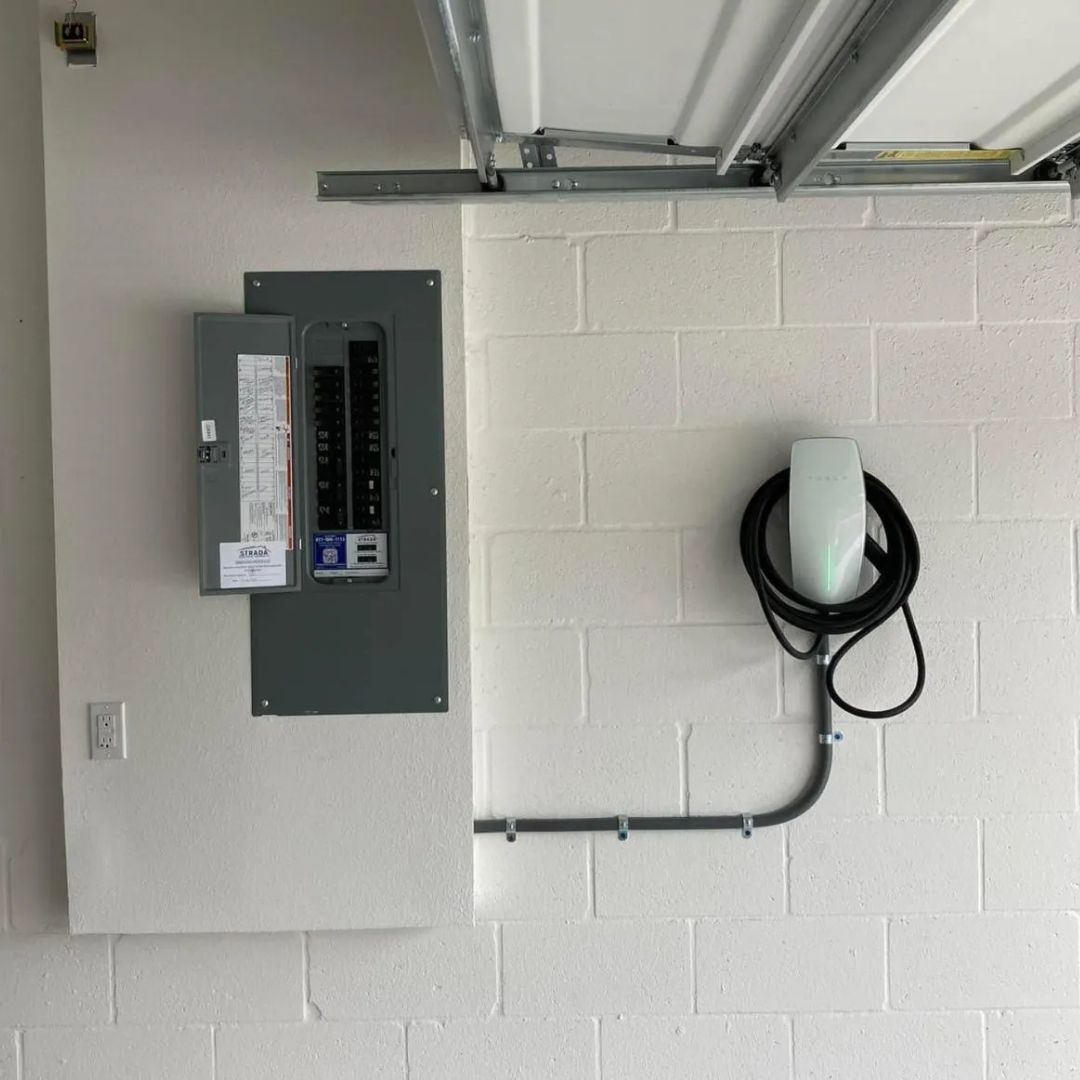The Factors Impacting Your Home's Breaker System
A home's electrical breaker system is at the heart of its functionality, ensuring safety and distributing power efficiently to various appliances and devices. When the breaker system experiences issues, it can disrupt daily life and pose potential hazards. Understanding the causes behind a malfunctioning system can help homeowners address problems effectively and prevent future occurrences. Read on to explore the most common factors that could be affecting your home's breaker system and the signs to watch for.
Overloaded Circuits
One of the primary reasons for breaker tripping is circuit overload. This occurs when too many electrical devices are connected to a circuit, drawing more current than it can handle. For example, running multiple high-wattage appliances simultaneously, such as a washer, dryer, and microwave, may cause the breaker to trip. Frequent overloads can strain your breaker system, leading to long-term wear or even potential damage. To avoid this, it is essential to monitor electrical usage and ensure circuits are not overburdened.
Faulty or Aging Breakers
Your home's breaker system, like any component of a house, is subject to wear and tear over time. Breakers that are old or have sustained damage may fail to operate correctly. This can manifest as frequent tripping or, conversely, an inability to trip when necessary, which could lead to dangerous conditions such as electrical fires. Regular maintenance and inspections by licensed electricians can help detect aging components and replace them before they become a hazard.
Electrical Short Circuits
A short circuit occurs when the flow of electricity takes an unintended path of least resistance, often due to exposed or faulty wiring. This can generate excess heat and lead to a breaker tripping or, in worst-case scenarios, permanent damage to your electrical system. Short circuits can arise from loose connections, outdated wiring, or physical damage caused by pests or renovations. If you suspect a short circuit, it’s crucial to address the issue promptly with the help of a professional.
Ground Faults
Ground faults are another common issue impacting breaker systems. These occur when electrical currents stray outside their intended path and come into contact with the ground or metal surfaces. Ground faults often happen in areas of the home where moisture is prevalent, such as bathrooms or kitchens. This is why modern homes are equipped with Ground Fault Circuit Interrupters (GFCIs) in these areas to provide an extra layer of protection. Regular testing of GFCIs ensures that this safeguard functions as intended.
Outdated Electrical Panels
If your home has an older electrical panel, it may not be equipped to handle the power demands of modern appliances and electronics. Today's households often rely on energy-intensive devices like smart home systems or high-powered HVAC equipment, which were not accounted for in the design of older systems. Upgrading to a contemporary electrical panel can improve efficiency, increase safety, and accommodate evolving energy needs.
External Factors and Environmental Conditions
Environmental conditions and external factors can also impact the functioning of your breaker system. Surges caused by lightning strikes, power grid fluctuations, or faulty transformers can overwhelm a breaker, causing it to trip. Additionally, extreme temperatures—both hot and cold—can affect circuitry and components, leading to malfunctions. Protecting your home with a whole-house surge protector and maintaining proper climate control in areas housing electrical components can help mitigate these effects.
Signs It’s Time to Call a Professional
It’s essential to be vigilant for warning signs that indicate deeper issues within your breaker system. Flickering lights, frequent trips, unusual noises coming from the breaker panel, or even burning odors are red flags that warrant immediate attention. While troubleshooting minor issues like overloads may be manageable, complex problems like electrical shorts or outdated panels require the expertise of a certified electrician.
Protecting Your Home’s Electrical Integrity
Your home’s breaker system plays a critical role in maintaining both safety and comfort. By understanding and addressing potential issues—such as overloads, faulty components, or environmental factors—you can ensure the long-term reliability of your system. Investing in regular inspections and necessary upgrades will not only resolve existing problems but also prevent future disruptions to your home’s electrical operations. Taking a proactive approach will give you peace of mind and keep your home running smoothly for years to come. If you're having trouble with your home's breaker system, contact our team at Faulkner Electric Inc. for more information.



